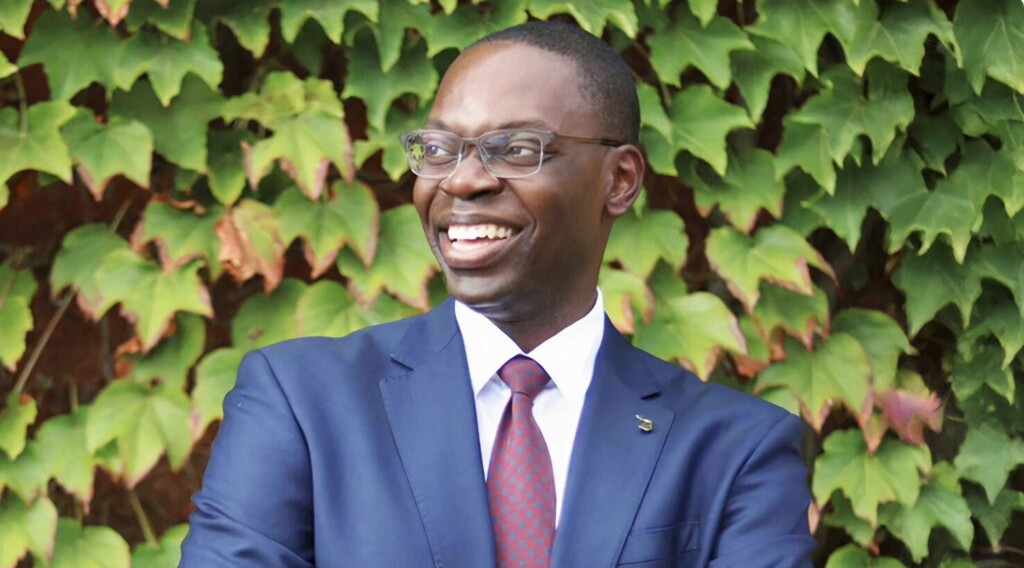Michigan Lt. Gov. Garlin Gilchrist II has officially entered the race to become the state’s next governor, launching his candidacy with a pledge to build on the progress of the Whitmer-Gilchrist administration while introducing new ideas to help Michiganders thrive.
If elected, Gilchrist would become Michigan’s first Black governor, making history in one of the country’s political battleground states.
Gilchrist, a Detroit native and former Microsoft software engineer, had limited political experience before joining Gov. Gretchen Whitmer’s ticket in 2018.
His tenure has been marked by policy wins in various areas, including expanding free pre-kindergarten programs, boosting small businesses and diversifying Michigan’s economy, protecting abortion access, expanding high-speed internet access for thousands of Michiganders, and implementing justice system reforms to create opportunities and ensure safer communities.
Before entering politics, Gilchrist played a key role at Microsoft in developing SharePoint, which became one of the company’s fastest-growing products. As Detroit’s Director of Innovation, he created the Improve Detroit smartphone app, allowing residents to report city issues like potholes, water leaks, and broken street signs.
I’m running for Governor. As an engineer, I solve problems and deliver results—that’s what we’ve done for six years.
— Garlin Gilchrist (@garlin) March 11, 2025
Now, we face new challenges. We need bold leadership to protect our rights & build health & wealth for every Michigander.
I’m all in. Let’s #StandTall for… pic.twitter.com/pfbgT1X9M5
Gilchrist enters a crowded Democratic primary to succeed term-limited Gov. Gretchen Whitmer in a state that remains a national battleground. The Republican field includes Senate Minority Leader Aric Nesbitt and former Michigan Attorney General Mike Cox, while Secretary of State Jocelyn Benson and Genesee County Sheriff Chris Swanson join Gilchrist on the Democratic side.
On his campaign website, Gilchrist positions himself as a leader who knows how to win in Michigan and who understands the struggles of working-class families:
“Growing up in Detroit, I know what it feels like to be part of communities across Michigan, the Midwest, and the country that have been forgotten.”
He also took a swipe at business moguls-turned-political figures like Elon Musk and Trump, saying he would use his tech background to drive real change:
“Unlike Elon Musk and Donald Trump, I know how to use technology and innovation to help our communities reach their full potential.”
Michigan has become a political powerhouse in recent years, narrowly voting for both President Joe Biden in 2020 and Donald Trump in 2016. The 2026 gubernatorial race is expected to be one of the most closely watched elections in the country, with Michigan also hosting an open-seat Senate race that year.



